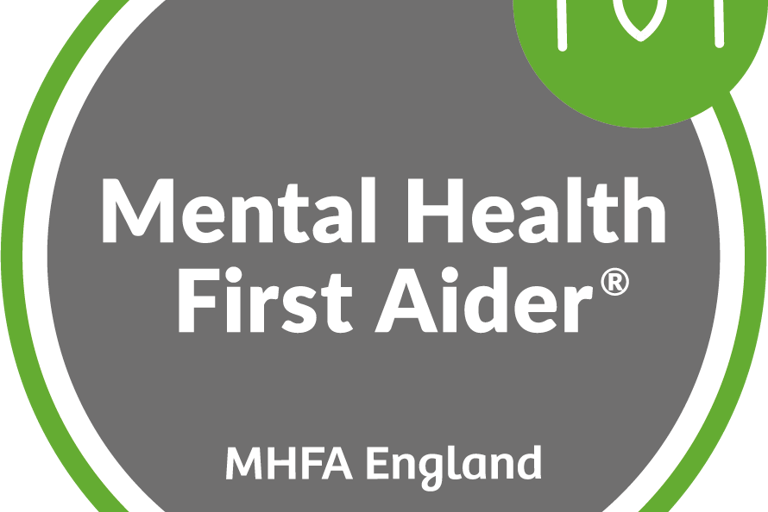Understanding Survival Guilt: What It Is and How It’s Affecting Your Life
7/10/20242 min read


What is Survival Guilt?
Survival guilt, sometimes known as survivor guilt, is a psychological phenomenon where an individual feels guilty for having survived a traumatic event while others did not. This feeling can be incredibly complex and may arise from various situations, including natural disasters, accidents, or even military combat. Those experiencing survival guilt often grapple with questions about why they survived when others didn't, leading to a heavy emotional burden.
The Emotional Impact of Survival Guilt
The emotional impact of survival guilt can be profound. People dealing with this form of guilt may experience intense feelings of sadness, anxiety, and even depression. They might replay the traumatic event in their minds, questioning their decisions and actions. This incessant self-questioning can lead to a decrease in self-esteem and a sense of unworthiness. It's crucial to understand that these feelings are natural responses to an extraordinary situation and that one shouldn't be too hard on themselves for feeling this way.
How Survival Guilt Affects Daily Life
Survival guilt can seep into various aspects of daily life. For some, it may manifest as difficulty in focusing on work or studies, while for others, it could affect personal relationships. The constant emotional strain can lead to withdrawal from social activities, making it challenging to connect with friends and family. Additionally, some might experience physical symptoms such as insomnia, headaches, or a general sense of fatigue. Recognizing these signs is the first step towards addressing and managing survival guilt effectively.
Ways to Cope with Survival Guilt
Dealing with survival guilt involves a combination of self-compassion and seeking support. Talking about your feelings with trusted friends or a mental health professional can provide immense relief. Engaging in activities that promote mental well-being, such as mindfulness meditation, exercise, or creative hobbies, can also be beneficial. Remember, it's okay to seek professional help if the burden feels too heavy to bear alone. Therapists trained in trauma and grief counseling can offer strategies to help you navigate through these challenging emotions.
Moving Forward
While survival guilt can be a daunting emotional hurdle, it's important to acknowledge your feelings and take proactive steps towards healing. Surround yourself with supportive individuals who understand your experience and can offer a compassionate ear. By addressing and working through your emotions, you can gradually find a sense of peace and reclaim a fulfilling life, free from the shadows of guilt.






